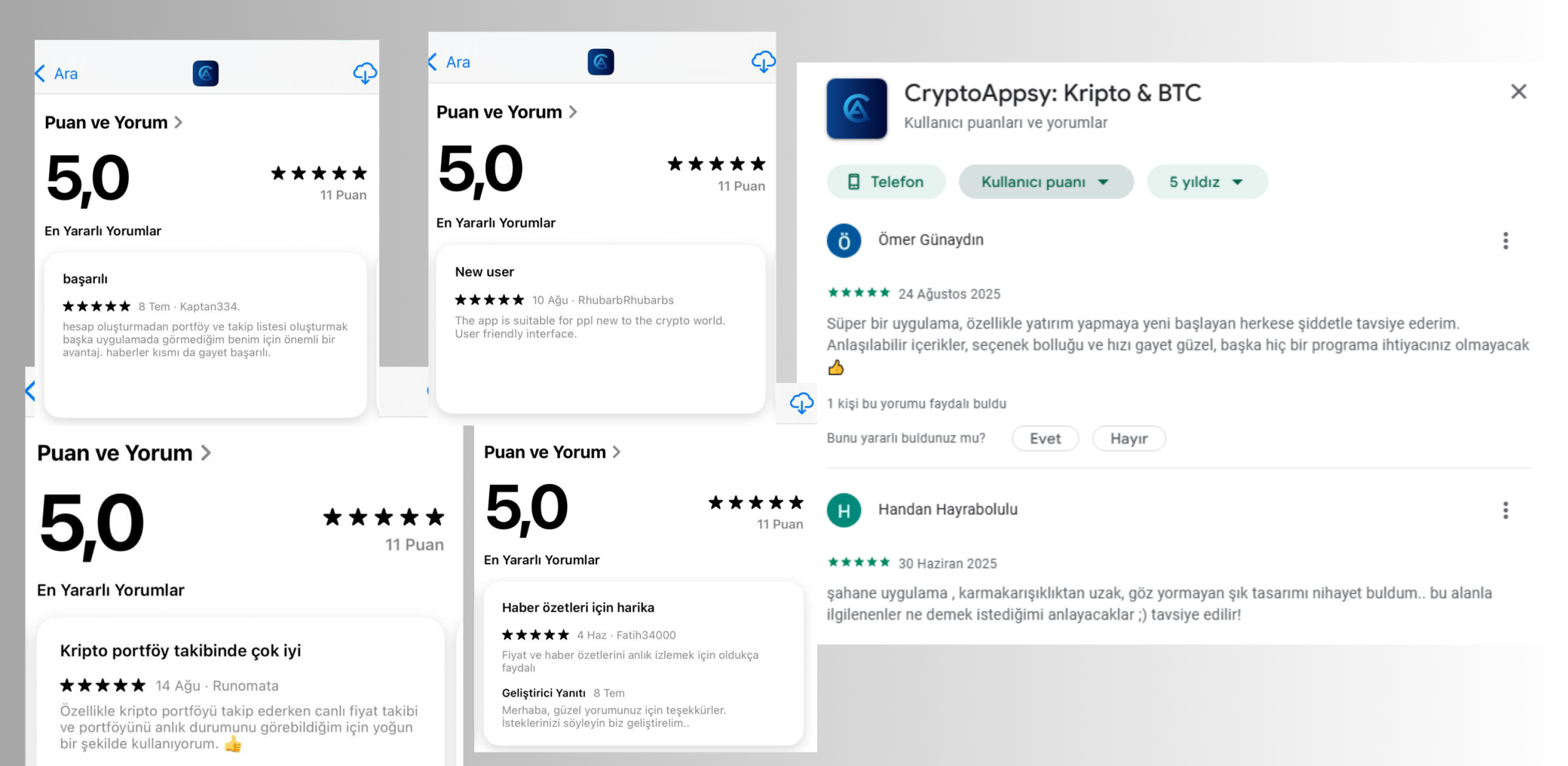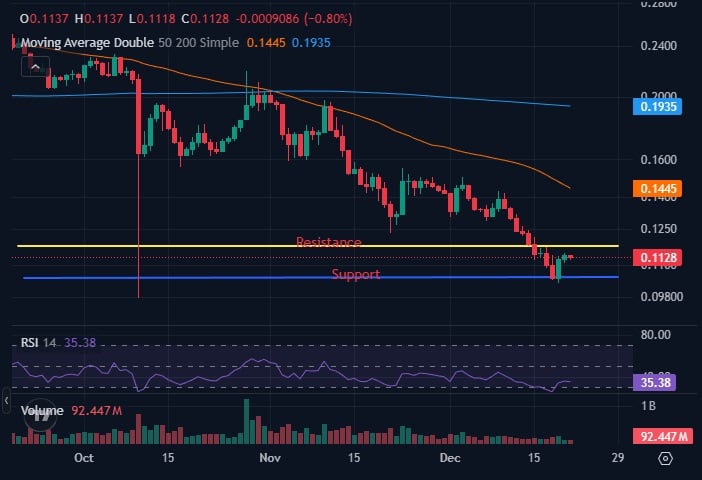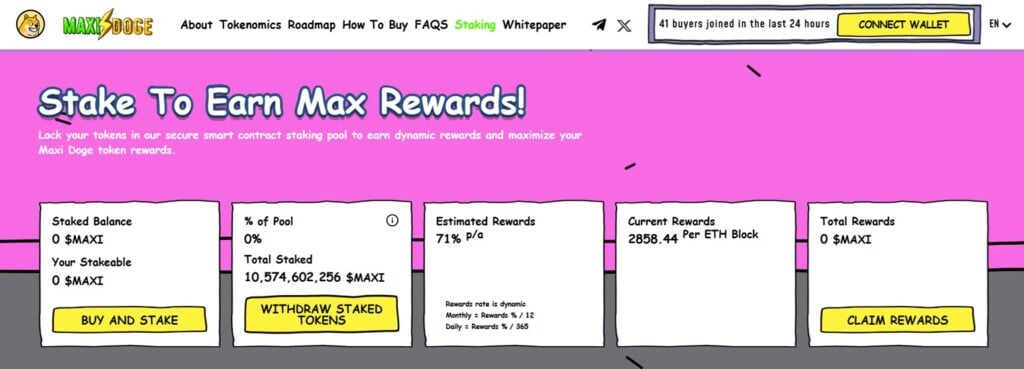Abracadabra Mitigates Third Hack with Treasury Buyback
- Abracadabra endured its third hack in two years.
- $1.8 million loss mitigated via treasury buyback.
- Cumulative exploit losses exceed $21 million.
Abracadabra faced a $1.8 million hack due to a recurring smart contract flaw. The DAO promptly addressed the breach, absorbing the loss and maintaining MIM’s peg, but repeated incidents since 2024 highlight systemic risks in its protocol.
Points Cover In This Article:
ToggleMain Content
Lending platform Abracadabra Money, developers of the MIM stablecoin, faced their third major breach since 2024, resulting in a $1.8 million loss. The hack was neutralized by executing a buyback using the DAO’s treasury funds on October 9, 2025.
Repeated breaches at Abracadabra raise concerns about the structural security of DeFi protocols, where market reactions highlight vulnerability concerns. Community feedback and expert commentary emphasize the need for rigorous audits and stronger risk management in these platforms.
Response and Consequences
Abracadabra, a key participant in the DeFi space, experienced another exploit due to a known fork flaw, which led to losses in their Magic Internet Money (MIM) stablecoin. Despite this, MIM maintained its dollar peg, and the DeFi lending protocol absorbed the losses through the DAO treasury.
0xMerlin, a contributor to the Abracadabra DAO, announced that funds were bought back, emphasizing that user funds remained secure. “The issue has been identified and mitigated. The affected MIM tokens were bought back from the market using DAO treasury funds. No user funds were affected.” – 0xMerlin, Contributor, Abracadabra DAO source . No feedback has yet been provided by Abracadabra’s founders, highlighting the silent response from protocol leadership in moments of crisis.
Implications and Outlook
The hack’s immediate impact was seen in the attempts to launder $1.8 million via Ethereum through Tornado Cash. These mechanisms are often scrutinized for their role in enabling illicit flows, impacting larger conversations around DeFi regulations.
Losses added to the ongoing scrutiny of DeFi risk management practices, with Abracadabra’s history of breaches underscoring potential systemic risks within these ecosystems. Reactions include calls for extensive security audits and revisions in smart contract architecture.
Weilin William Li, Security Researcher at BlockSec Phalcon, noted, “Recurring exploits signal systemic risks in smart contract design. Rigorous audits and reforms are essential.” – source
Speculative scrutiny over the technology and security of DeFi solutions could prompt tighter regulations and calls for enhanced frameworks to prevent similar breaches. This might require financial institutions and regulatory bodies to reassess their roles within decentralized systems.
Disclaimer: The content of this article solely reflects the author's opinion and does not represent the platform in any capacity. This article is not intended to serve as a reference for making investment decisions.
You may also like
The 15 Most Searched Altcoins in Recent Hours Have Been Revealed – Here’s the List
Discover What CryptoAppsy Can Do For Your Trading Strategies

Best Crypto to Buy Now? Hedera Price Prediction, New Crypto Coins

Best Crypto Presales: Dog-Themed Token Set to Surge in the Next Market Cycle
